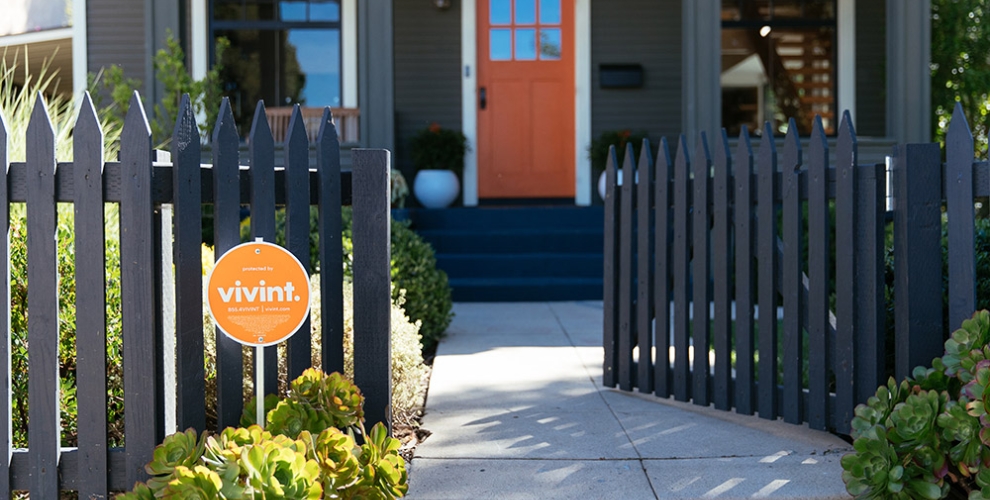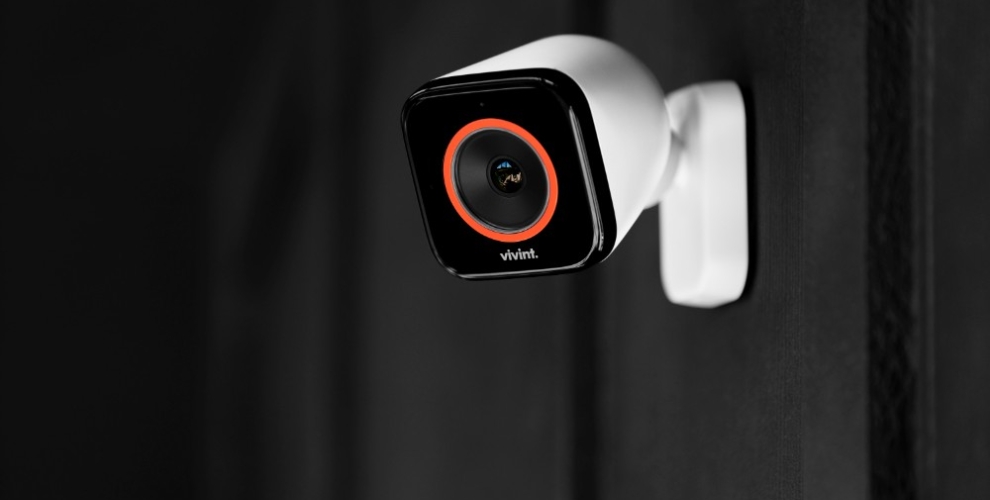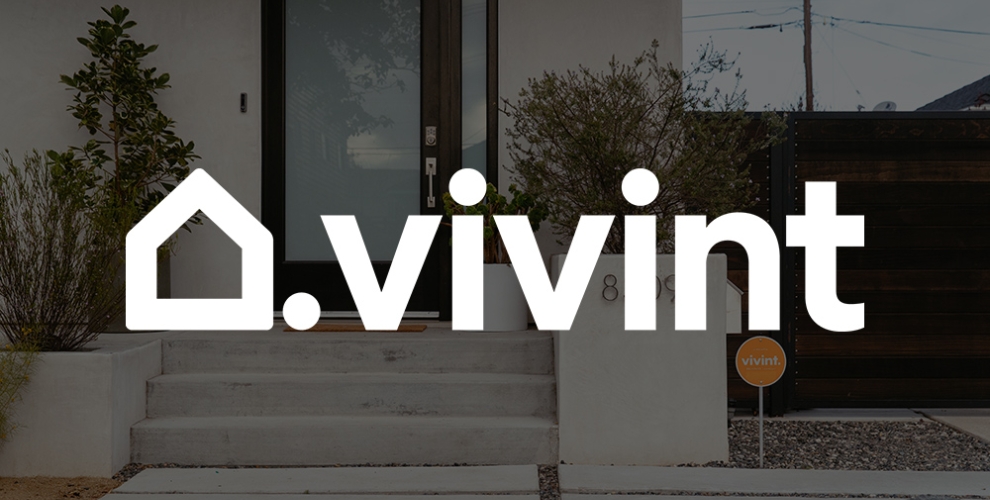Key Takeaways
- 1 in 4 vacation renters admit to breaking a rule during their most recent stay.
- 3 in 4 guests check their rentals upon arrival for hidden security measures.
- 1 in 20 vacation renters have found a hidden camera at a property they rented.
- 3 in 4 vacation renters who broke a rule were never caught by the host.
- 1 in 3 vacation rental hosts believe that guests are becoming worse behaved.

Guest behavior and security risks
As vacation rentals continue to be popular as a more personal, spacious, and cost-effective alternative to traditional hotels, the dynamic between guest behavior and host security measures becomes increasingly important. From the shift away from hidden cameras to the inventive ways guests sidestep rules, we explore what’s impacting trust and security in the vacation rental (aka home-sharing) economy. Our results also reveal the financial implications for hosts dealing with the aftermath of rule violations and different security strategies for maintaining order and respect in their properties.
Evasive renters
Vacation rental experiences are a balance between the comfort and safety of both guests and hosts. First, we’ll look at the security measures and privacy concerns that guests and hosts face, including how guests try to get away with breaking rental rules.

Most vacation rental guests take extra precautions to ensure their safety and privacy during their stay; 3 in 4 said they check for hidden security measures (like cameras) upon arrival. Our survey also revealed that 5% of vacation renters have encountered hidden cameras during rental property stays. This invasion of privacy can be not only unsettling but is also illegal in some cases. But hidden cameras aren’t the only trend threatening the renter/host experience.
Some renters go to great lengths to avoid getting caught breaking rules. The most common method was sneaking items in through alternate entry points besides the front door, with 14% of rule-breakers admitting to this tactic. A few went as far as tampering with security cameras by covering or even disabling them (6% of each).
This is why both hosts and guests need to be transparent and respectful when it comes to vacation rental safety and privacy in the sharing economy.
Top broken rules and their culprits
What rules are most often broken by vacation renters? Our findings shed some light on the biggest culprits and their transgressions.

A quarter of vacation renters admitted to breaking a rule during their most recent stay. What’s more, 1 in 3 vacation rental hosts said that guests’ behavior is on the decline. Gen Z were the most rebellious guests, with nearly 1 in 3 of these renters having broken the rules. But they aren’t the only ones letting loose. Pre-wedding celebrations can get wild, and according to the vacation rental guests we surveyed, over half of all bachelor and bachelorette parties held on these properties have broken rental rules.
But what rental rules do guests hate the most? The list is long, but here are the top 10:
- Must clean own sheets and towels
- Restrictions on appliance or equipment use
- No alcohol
- Limits on amenities usage
- No unauthorized guests
- No pets
- Quiet hours or noise restrictions
- Parking regulations
- Check-in/check-out policies
- Must dispose of own trash
Respecting vacation rental rules and understanding how they can irritate renters can help create a harmonious relationship between hosts and guests. After all, who wants to be another rule-breaking statistic? Being a considerate renter and a thoughtful host makes vacation rentals a more pleasant experience for everyone involved.
Consequences and reactions to rule violations
This section looks at how different demographics behave when they rent vacation homes and what happens when they break the rules. We’ll see how often they get away with it and what kind of penalties they face if caught.

Millennials were the age group most likely to try to cover up their vacation rental rule-breaking—and it’s often worked. Most of the time (3 in 4), guests who broke these rules didn’t get caught. Their hosts might need better ways to keep an eye on their properties while respecting guests’ privacy.
When rule-breakers did get caught, the most common punishment was a bad review from the host (37%, or about 2 in 5 cases). Negative reviews from hosts can limit a guest’s ability to book vacation rentals in the future. And unfortunately, the same number of rule-breaking guests (37%) had to pay average fines of $178.
The future of vacation rentals
Next, we examine vacation rental security trends over the past two years and the financial implications for hosts. How are they balancing security and guest privacy compared to previous years?

For the second consecutive year, security alarm systems and regular property inspections are still the top ways hosts secure their properties. Meanwhile, using interior cameras in vacation rentals has declined, likely influenced by a recent ban on indoor security cameras in these situations.
Financially, the burden of damages from rule-breaking guests has only decreased slightly. In 2023, hosts reported an average expense of $553 on these damages, which was reduced to $534 in 2024 (a difference of just $19). Investments in security measures have also seen a minor decline of $62 annually, falling from $1,437 in 2023 to $1,375 in 2024.
Maintaining a secure environment helps hosts protect their properties while maintaining their guests’ well-being. Measures like security alarms and property inspections are key to being a good vacation rental host whose properties guests will want to return to time and again.
Security and privacy in vacation rentals
One of the biggest challenges of managing a vacation rental is keeping things secure while respecting privacy. While security devices like alarms are a huge help, the push for guest privacy has led to fewer indoor cameras.
But the persistence of rule-breaking—particularly among Gen Z and during high-spirited gatherings like bachelor and bachelorette parties—highlights the necessity for hosts to enhance their monitoring techniques without overstepping privacy boundaries. By refining their security approaches and rule enforcement, hosts can protect their properties while maintaining a welcoming, safe guest experience.


